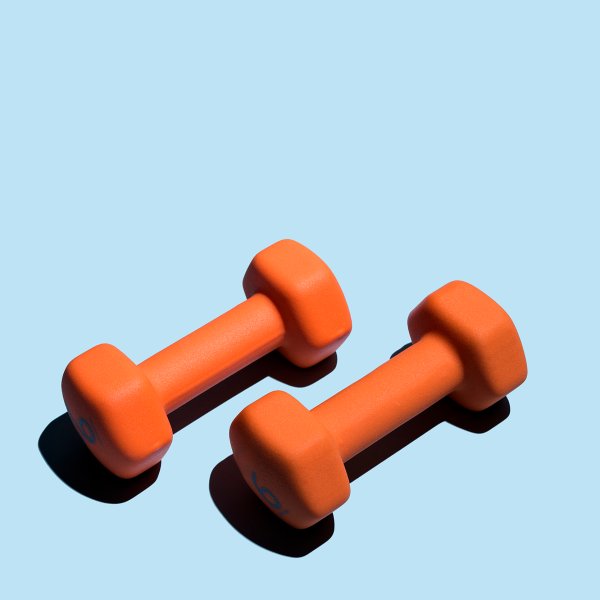<!-- wp:gutenberg-custom-blocks/featured-media {"id":"4845485","url":"https://api.time.com/wp-content/uploads/2017/07/time-magazine-exercise-fitness-health-bethan-mooney-69.jpg","caption":"","credit":"Bethan Mooney for TIME","mediaSize":"medium-jw","playlistId":"Jro5v9yw","goJwPlayer":true} -->

<!-- /wp:gutenberg-custom-blocks/featured-media --><!-- wp:paragraph -->
Whether you have some extra weight in your upper arms or rear end, it makes sense that targeting those areas with exercise—curls for your arms, lunges for your butt—would slim them down.
Weight Loss Guide
<!-- /wp:paragraph --><!-- wp:paragraph -->
Weight-loss experts refer to this as “spot reduction.” But it turns out that in most cases, this kind of laser-focused weight loss isn’t possible. One study in the Journal of Strength and Conditioning Research found that six weeks of intensive ab workouts did nothing to slim the exercisers’ midsections. A related study found that 12-weeks of one-armed workouts resulted in less loose skin in the trained arm, but zero fat loss.
<!-- /wp:paragraph --><!-- wp:paragraph -->
Working out just one part of your body probably won’t slim it down, but some body parts are more likely to shed fat when you exercise. Your stomach is one of them.
<!-- /wp:paragraph --><!-- wp:paragraph -->
MORE: The TIME Guide To Exercise
<!-- /wp:paragraph --><!-- wp:paragraph -->
“Some fat deposits are more metabolically active than others, and those may be more responsive to exercise interventions,” says Arthur Weltman, a professor of medicine and chair of the department of kinesiology at the University of Virginia. “Abdominal fat in particular is one of the most metabolically active fats.”
<!-- /wp:paragraph --><!-- wp:paragraph -->
When you exercise, your workouts trigger the release of hormones, Weltman explains. The higher the exercise intensity, the more of these hormones your body pumps out, and the more of that metabolically active fat you lose. (Some of Weltman’s research suggests that high intensity interval training (HIIT), in particular, may slim your midsection.)
<!-- /wp:paragraph --><!-- wp:paragraph -->
If you have fat stored in your gut, arms and chest, a lot of your fat is metabolically active, so it will likely respond to exercise and diet changes, he says. That’s especially true of your abdominal fat. The bad news is that extra fat in these regions is also linked with a greater risk for diabetes, heart disease, cancer and other ailments.
<!-- /wp:paragraph --><!-- wp:paragraph -->
MORE: How Apple Cider Vinegar May Help With Weight Loss
<!-- /wp:paragraph --><!-- wp:paragraph -->
On the other hand, if you store excess fat in the hips, butt and thighs, that fat is not metabolically active. You have a lower risk for many diseases, “but that fat is very hard to reduce,” he says.
<!-- /wp:paragraph --><!-- wp:paragraph -->
What type of exercise is best for targeting the tummy? One study compared strength training to aerobic training in terms of fat reduction in different parts of the body and found that while aerobic training—running, swimming, cycling—led to greater whole-body fat loss, resistance training targeted abdominal fat in particular.
<!-- /wp:paragraph --><!-- wp:paragraph -->
In a nutshell, spot-targeting fat isn’t very effective—in most cases. But if you’re trying to lose fat around your stomach, a mix of resistance training and high-intensity aerobic exercise, along with a healthy diet, may help reduce your belly fat.
<!-- /wp:paragraph -->
